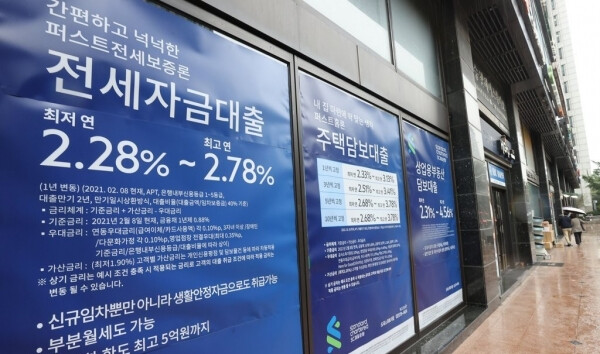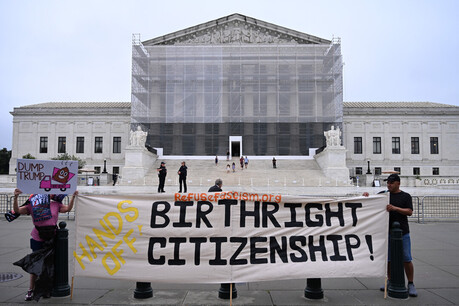
Seoul, South Korea – The South Korean government is set to tighten its grip on household debt by imposing stricter regulations on mortgage loans. The Financial Services Commission announced on [date] that it will reduce the maximum loan-to-value (LTV) ratio for mortgage loans from the current 90-100% to a uniform 90%.
The move is aimed at curbing excessive borrowing and ensuring financial stability. By lowering the LTV ratio, the government hopes to reduce the risk of defaults and protect borrowers from potential financial hardship.
Key points of the new regulations:
Uniform LTV ratio: The maximum amount that can be borrowed for a mortgage will be capped at 90% of the property's value.
Stricter mortgage underwriting: Banks will be required to conduct more rigorous credit assessments before approving mortgage loans.
Phased implementation of the Debt Service Ratio (DSR): The DSR, a measure of a borrower's ability to repay debt, will be gradually tightened. This means borrowers will have to meet stricter income requirements to qualify for loans.
Increased stress testing: To account for potential interest rate increases, borrowers will be subject to more stringent stress tests when applying for mortgages.
Impact on borrowers:
The new regulations are expected to make it more difficult and expensive for people to purchase homes. Borrowers will likely face higher down payment requirements and may be eligible for smaller loan amounts.
Other measures:
In addition to tightening mortgage regulations, the government is also taking steps to support small businesses and promote financial innovation. These measures include:
Increased lending to small businesses: The government plans to provide record levels of funding to small businesses to help them recover from the economic downturn.
Expanded support for the elderly: The government will introduce new insurance products designed to provide financial security for retirees.
Gradual liberalization of corporate investments in virtual assets: The government will allow corporations to invest in virtual assets under certain conditions.
Overall, the government's goal is to balance the need for economic growth with the need to maintain financial stability. By tightening mortgage regulations and providing support to vulnerable sectors of the economy, the government aims to create a more sustainable and resilient financial system.
[Copyright (c) Global Economic Times. All Rights Reserved.]





























